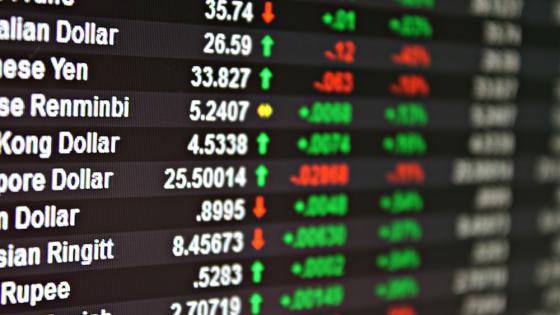DP11581 Currency Manipulation
We develop a novel, risk-based theory of the effects of currency manipulation. In our model, the choice of exchange rate regime allows policymakers to make their currency, and by extension, the firms in their country, a safer investment for international investors. Policies that induce a country's currency to appreciate when the marginal utility of international investors is high lower the required rate of return on the country's currency and increase the world-market value of domestic firms. Applying this logic to currency stabilizations, we find a small economy stabilizing its bilateral exchange rate relative to a larger economy can increase domestic capital accumulation, domestic wages, and even its share in world wealth. In the absence of policy coordination, small countries optimally choose to stabilize their exchange rates relative to the currency of the largest economy in the world, which endogenously emerges as the world's ``anchor currency.'' Larger economies instead optimally choose to float their exchange rates. The model therefore predicts an equilibrium pattern of exchange rate arrangements that is remarkably similar to the one in the data.

